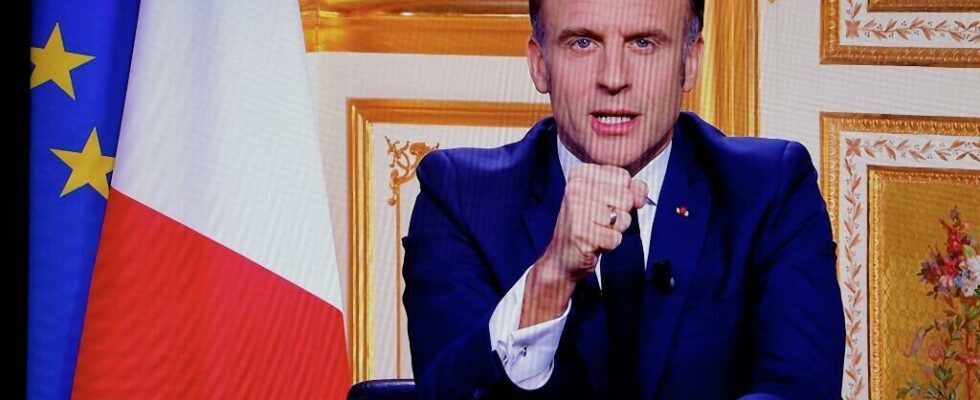The motion of censure against the government of Michel Barnier has placed France in a political period of rare uncertainty. And this political instability does not spare the image of the President of the Republic on the international scene.
We can undoubtedly speak of a form of spite towards Emmanuel Macronalready present and which is strongly accentuated by the current political crisis in France. A disappointment, in light of what he has long embodied abroad, since his first election in 2017: a young, dynamic president, capable of transforming and modernizing France and eager to revive Europe. He also embodied a lot of hope and had, initially, revitalized the image of France on the international scene.
But over time and the various crises that have followed one another, the Macronian practice and the personal behavior of the president have somewhat disconcerted some of his interlocutors in Europe and elsewhere. But we also saluted the voluntarism and the desire to act of the Head of State.
A situation that weakens the president and the country
France remains, despite everything, a power that counts on the international scene and particularly in Europe. And a France that is weakened internally, politically and economically, has consequences, particularly within the euro zone. And in Europe more broadly, with Germany also in the grip of political uncertainty with elections called for next February, a Franco-German “engine” that is coughing, which is never good.
More generally, what worries abroad is that until now France was considered, thanks to the institutions of the Fifth Republic, as a stable country. It is this status which has seriously crumbled since the dissolution of the National Assembly last June and everything that followed. This gives the sensation of a hesitant and deeply divided country with a president halfway between pride and denial of the reality of the situation.
Some are tempted to take advantage of it. We can think of the Russia or to UNITED STATES who, for different reasons, are not unhappy to see the two main powers of the Old Continent prey to difficulties.
And problems can also come from presumed allies. This is how that Ursula Von der Leyen traveled to Uruguay Mercosur summit. To announce that the final signature of the European Union on this treaty, refused as it stands by France, is close.
The only consolation for Emmanuel Macron: he has, on this issue at least, the support of the entire French political class. This is not the end of the story, since even a signature from Ursula Von der Leyen is not enough for the treaty to be implemented. But France’s fight to rally other countries to its position and release a blocking minority on this issue promises to be even more complicated, even if Poland, Italy and Austria are close to French positions. As said Michel Barnier in front of the deputies: for France, and therefore for Emmanuel Macron, everything will now be more difficult.
Also readGovernment in France: these names circulating to replace Michel Barnier at Matignon
